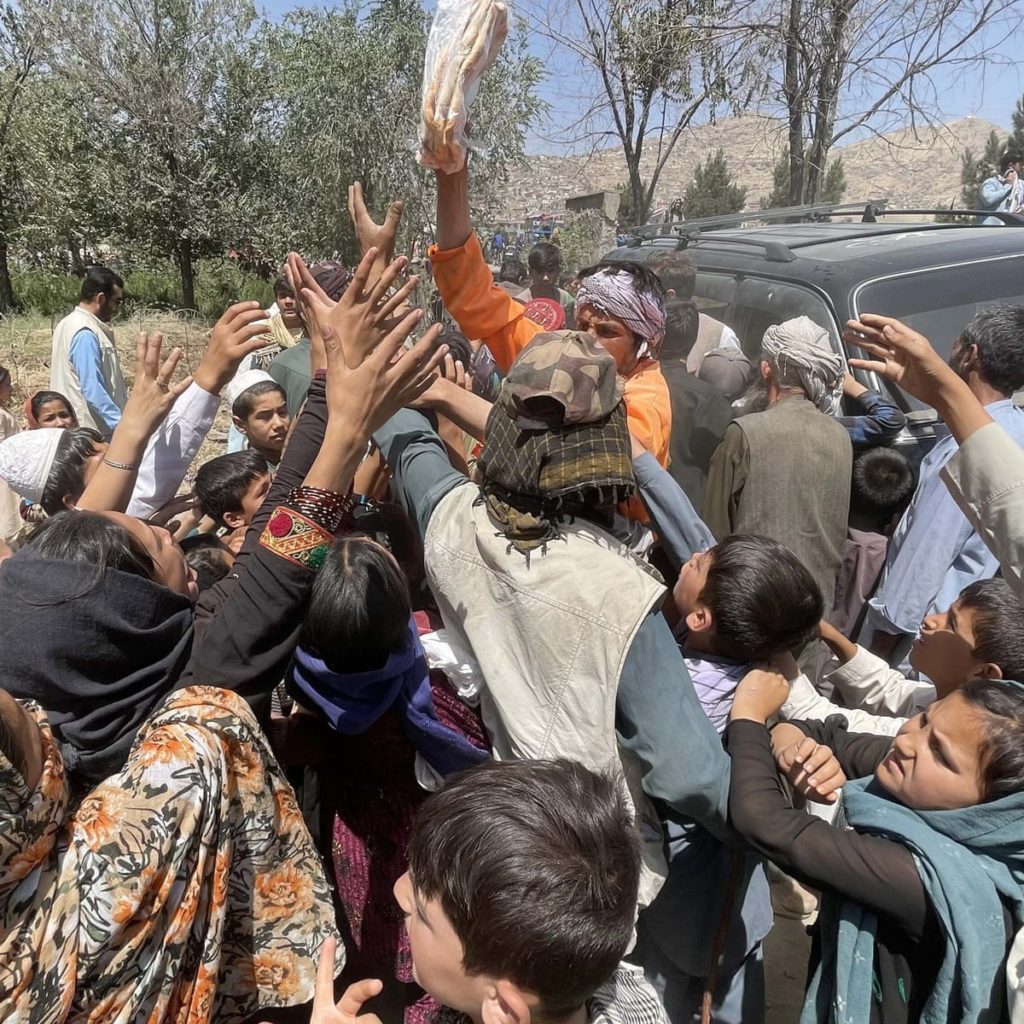The recent meeting of the Organization of Islamic Cooperation (OIC) communicated to the international community Pakistan’s vision for managing its regional affairs peacefully with the help of Muslim countries. The government of Pakistan called the OIC members on the issue of Afghanistan, which could become a great humanitarian crisis after the US withdrawal. Through hosting this meeting, the government of Pakistan emphasized the need for collective efforts to avert the looming threat of the humanitarian crisis in Afghanistan. Leading Pakistani government officials said that Pakistan is committed to mobilize its resources for managing the Afghanistan situation. Pakistan believes the situation in Kabul is alarming because Afghan instability can give way to a new conflict. The multilateral intergovernmental framework of the United Nations has already mentioned the severity of the situation in which half of the Afghan population (approximately 22.8 million people) is suffering from an acute shortage of food. Furthermore, severe drought and high poverty further augments the situation, which could cause a greater refugee problem for the world as well. The presence of the formal delegation of the new Taliban government in the intergovernmental OIC meeting was an effort by Pakistan to let Afghan high officials communicate the actual situation prevailing in their country by presenting rational facts and different ground realities to the international community. This arrangement was also an attempt of Pakistan to facilitate the international community in sharing their own views about Kabul under the Taliban regime. The establishment of a direct link between world leaders and the new Afghan government was a great challenge to Pakistan because the acceptance of the Taliban government at the international level is still a problem due to global concerns of human rights abuses and terrorism in Afghanistan. The leaders of a few countries, mainly the US and European countries, preferred to impose strict economic sanctions and development aid restrictions on the Taliban government.
Due to the financial pressures on the Taliban government, the prospects of economic collapse and development crisis are undeniable, which could cause a severe situation of human emergency in Afghan society. The lack of active diplomatic connections is an additional hurdle impeding the scope of permanent peace and sustainable development. The absence of advanced diplomatic interactions of Kabul with different states across the globe has added to the problems. Realizing the severity of the Afghan issue Pakistan has taken some unilateral initiatives for the stability and development of Afghan society, it has already sent different packages of humanitarian assistance to Afghanistan such as food and medicine. In addition to this, the Pakistan government has pledged 50000 tons of wheat to the Taliban government. Islamabad has also broadened its vision of helping the war-torn Afghanistan at the regional level and allowed its nuclear neighbour to participate in the greater humanitarian campaign, allowing New Delhi to start its program for helping Afghanistan through Pakistan, which has permitted New Delhi to deliver 50,000 tons of wheat to Kabul. The quest for managing a stable and peaceful Afghan neighbour led Islamabad to host dozens of Islamic states on the OIC platform. Through the intergovernmental meeting of the OIC members, Islamabad has generated an international debate on the post-withdrawal situation of Kabul, which is direly looking for various active international responses in a positive direction. An era of easing economic sanctions and creating an inter-banking system with Afghanistan is heavily dependent on the United Nations and the mainstream banking system consisting of various financial institutions. Based on its close diplomatic ties with the US, Islamabad also requested Washington to release funds for the new Afghan government. The desperately needed financial assistance will fulfill the demand for immediate aid to protect Kabul from a greater economic collapse.

In short, it is more appropriate to maintain that the end of the US war on terror from Afghanistan has marked a new chapter in the history of South Asian politics due to the rise of a new Taliban government. Moreover, the war-torn state infrastructure of Afghanistan needs the attention of the international community, which propelled Pakistan to call a special session of OIC foreign ministers on the question of Afghanistan. It is through this meeting that the government of Pakistan attempted to highlight the actual situation of Afghanistan where the support of different Islamic countries can save the Afghan nation from a greater economic collapse. Without the support of the Islamic world, the suffering of the Afghan nation will become a greater humanitarian crisis. It is widely believed that the absence of funding or the delay of addressing the Afghan problem could cause horrendous consequences in which the Afghan society could face severe crises beyond starvation and disease. Such an economic crisis will cause widespread social unrest due to which the prevalence of chaos in Afghan society will be unstoppable. The chaos and mass exodus will probably generate another wave of terrorism due to the extreme socio-economic situation. The combination of unilateral and multilateral initiatives for managing the Afghan issue on productive and positive grounds has delivered Islamabad’s message of peace and stability to the whole world where the leaders of great powers, especially the US, are required to pay some really serious attention to Islamabad’s call. Beyond their contesting geostrategic interest over Afghanistan, leaders of the great powers are also required to take timely actions for Afghanistan.




